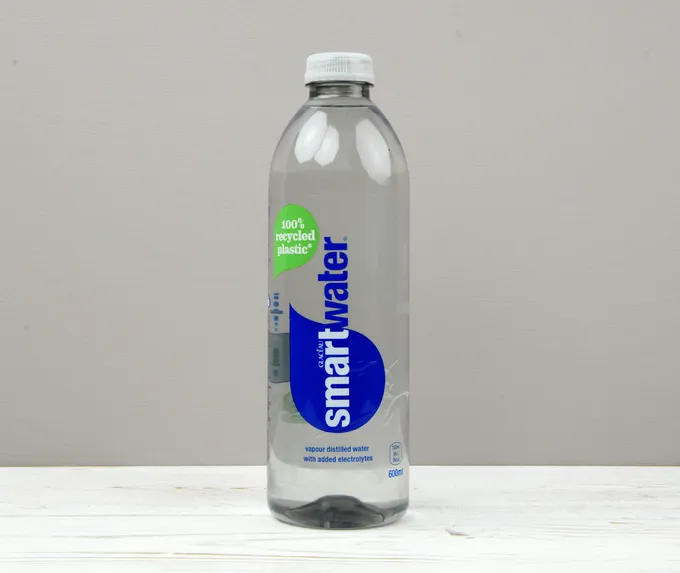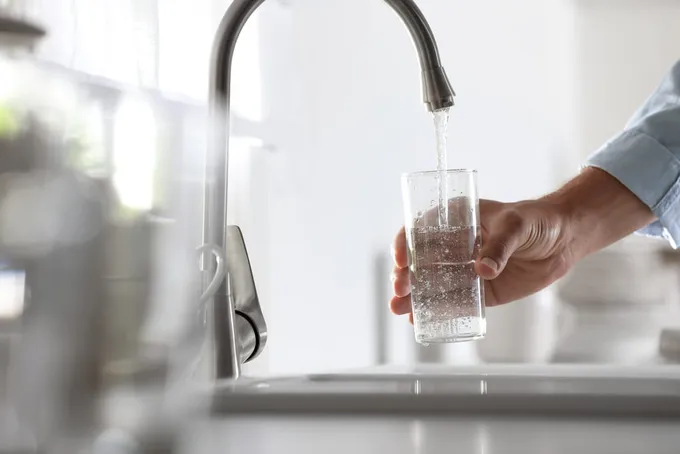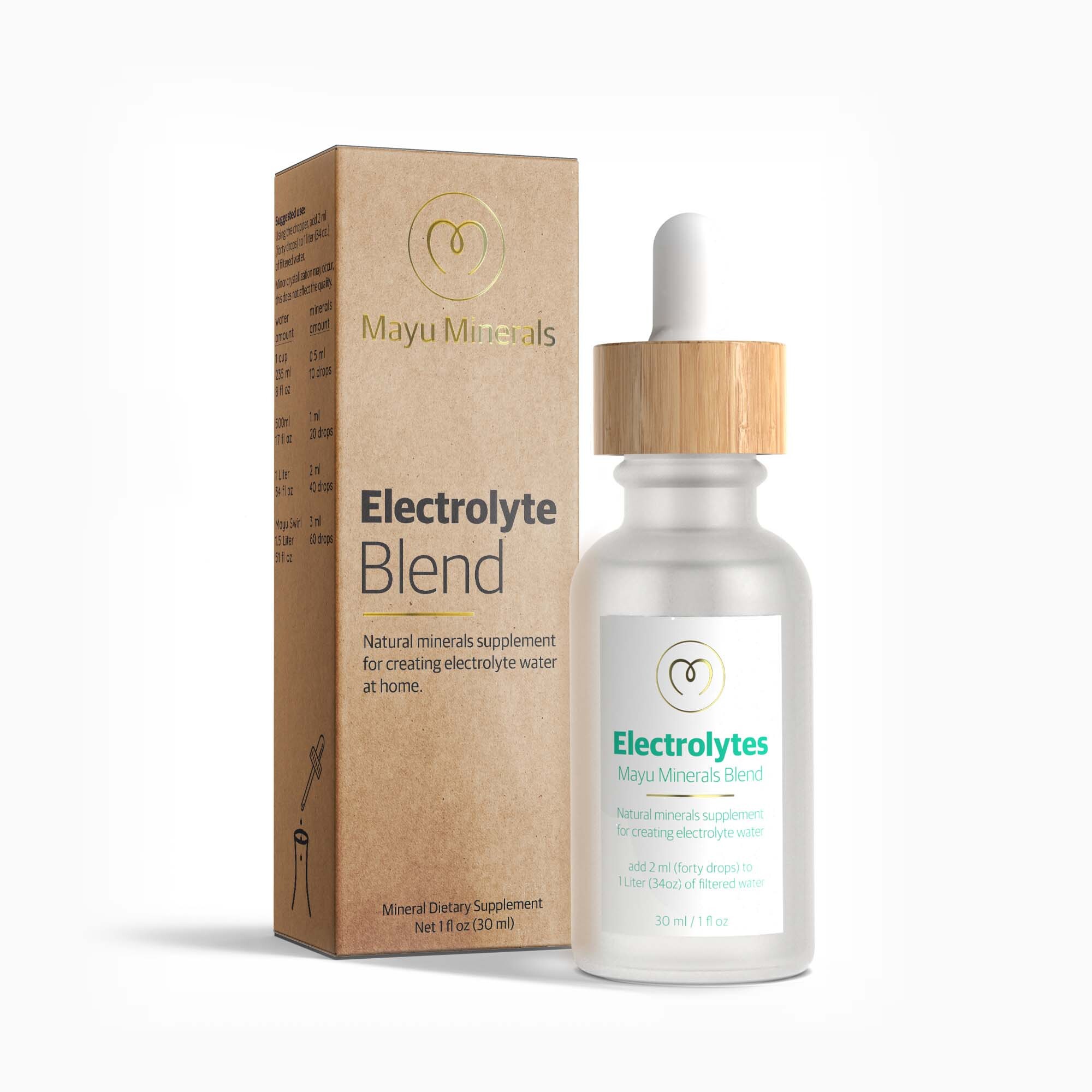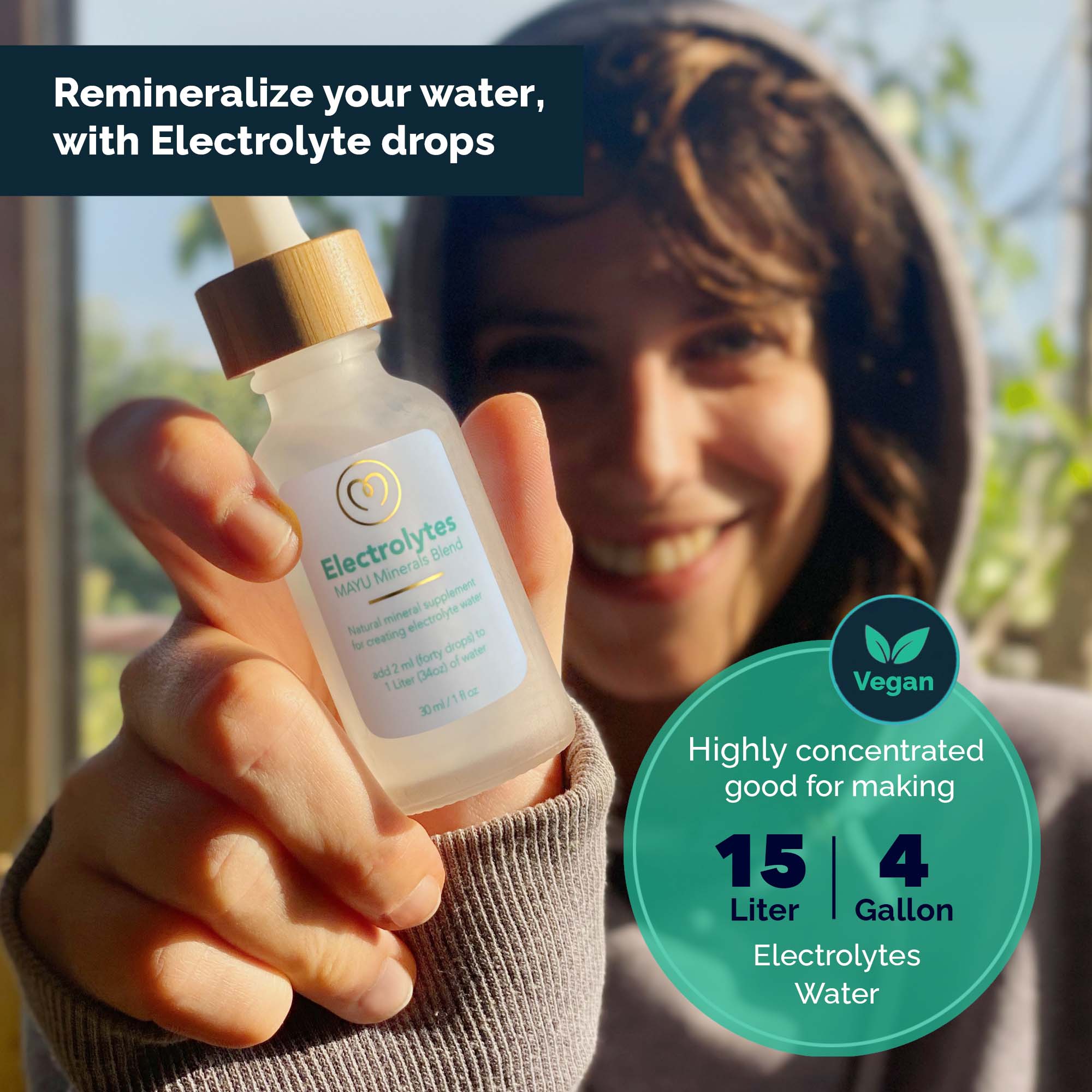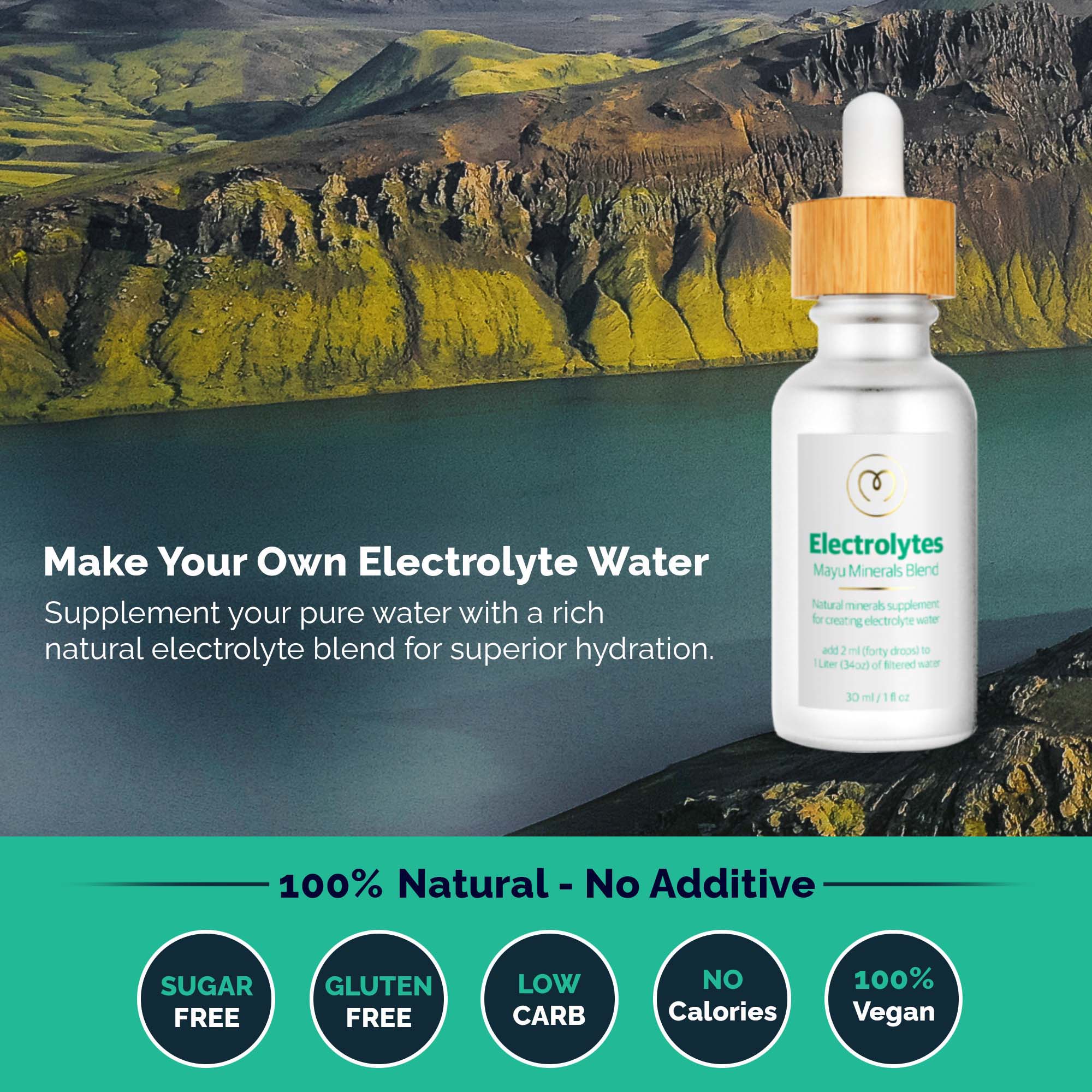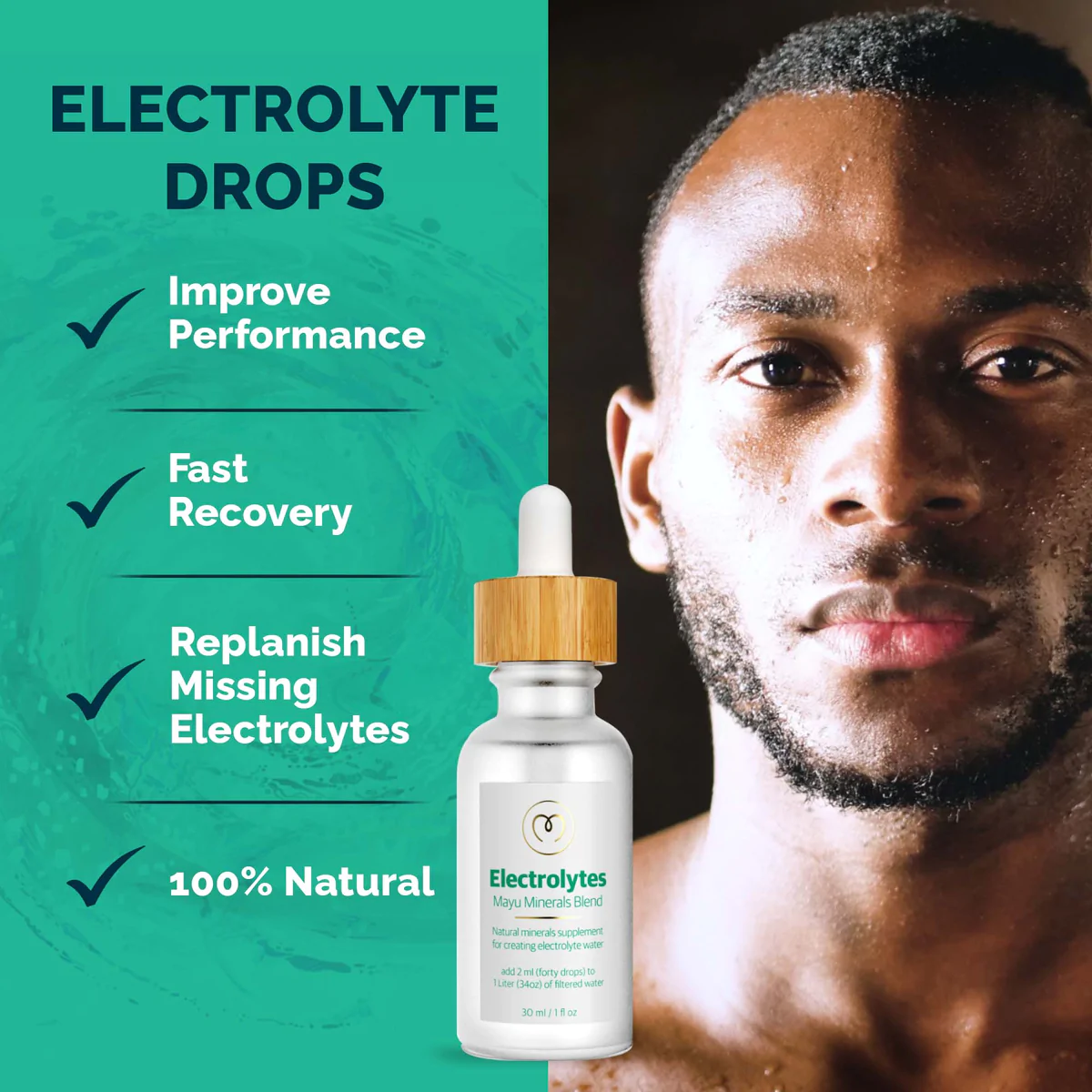Smart Water vs. Tap Water: Making an Informed Hydration Choice
Torn between the sleek bottle of Smart Water and the gurgling promise of your tap?
Published October 6, 2024.

The battle for hydration supremacy rages on, leaving many of us parched for answers. Is the electrolyte boost worth the plastic footprint? Can tap water truly satisfy our thirst?
This article dives headfirst into the murky depths of Smart and tap water, unearthing the hidden costs, taste triumphs, and environmental anxieties lurking beneath the surface.
» Want to fight fatigue? Learn how electrolytes boost your energy levels
Smart Water vs. Tap Water at a Glance
| | Smart water | Tap water |
|---|---|---|
| Source | Treated tap water, distilled, then re-mineralized. | Local municipal water supply, treated and filtered. |
| Electrolytes | Added potassium, calcium, and magnesium. | Minimal, dependent on local source. |
| Taste | Clean, crisp, slightly sweet. | Varies depending on local treatment and source. |
| Environmental impact | High footprint due to plastic bottles and energy-intensive distillation. | Low footprint, minimal processing, often in reusable containers. |
| Health benefits | Electrolytes may aid hydration, especially after exercise. | Can be a good source of essential minerals depending on local sources. |
Smart Water
Smart Water is bottled and owned by Energy Brands, a subsidiary of The Coca-Cola Company. They clean it in stages and then add a sprinkle of calcium and magnesium to make it extra special.
Pros
- Electrolytes replenish minerals during physical activities.
- Preferred for its clean, crisp taste.
- Offers a range of flavored alternatives.
Cons
- Tends to be more expensive.
- Single-use plastic bottles add to environmental concerns.
Tap Water
Tap water is readily available and constantly monitored by local authorities to ensure safety and quality. It meets strict standards through filtration, disinfection, and regular testing. Plus, it's easily accessible.
Pros
- Local authorities ensure adherence to safety standards.
- More affordable than bottled alternatives.
- Reduces plastic waste with reusable containers.
Cons
- Taste varies based on location.
» Discover what you should know about the minerals in tap water
Smart Water vs. Tap Water: Hydration Benefits
Smart Water aims to be the go-to drink for those on the move. Its added electrolytes help you stay hydrated during activities and come in different flavors.
Tap water provides a dependable and convenient source of hydration, fulfilling your body's needs and offering potential health benefits without breaking the bank. Remember, the exact mineral content might vary depending on your location, but it's still a safe and effective way to stay hydrated.
Note: The additional electrolytes may not provide substantial benefits beyond regular hydration if you have a balanced diet.
Smart Water vs. Tap Water: Safety and Health Implications
Tap water quality can differ depending on where you live, but local authorities always check and treat it. It usually involves filtering, cleaning, and regular tests for nasty stuff like metals or chemicals. Smart Water, the bottled choice, gets more purification than your tap. It goes through filters or reverse osmosis.
Note: Smart Water's safety depends on where it comes from and how it's made. Bottling and storing it can add new germs, even though the cleaning seems extra thorough.
» Which is safer for drinking? Find out with tap water filter vs reverse osmosis
Smart Water vs. Tap Water: Our Verdict
Choosing between Smart and tap water is all about what matters most to you. The first offers a fancy taste with electrolytes and extras, but it's pricey and harmful to the planet. The second is cheap, eco-friendly, and reliable but might not be as exciting.
Check if your tap water is safe. If it is, it's the clear winner. But if you crave controlled hydration and are okay with the cost or waste, Smart Water might be for you.
Mayu Water's Mayu Minerals Electrolytes Drops can be your ideal hydration solution if you're after essential minerals. They are 100% natural, and you can conveniently add them to tap water for a more sustainable electrolyte boost.






















